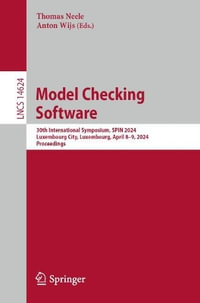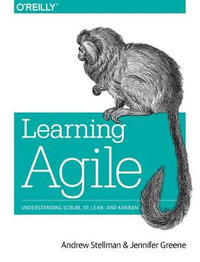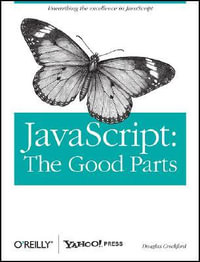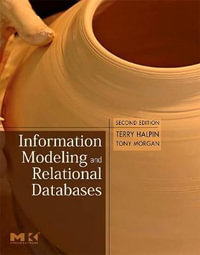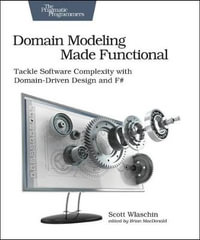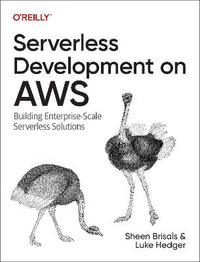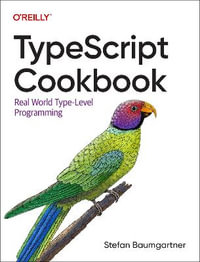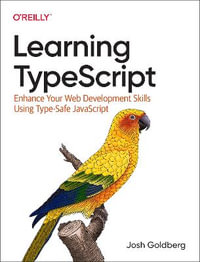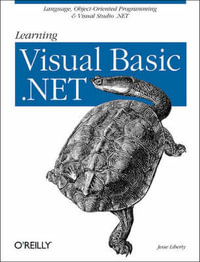
At a Glance
Paperback
$72.90
Aims to ship in 7 to 10 business days
ISBN: 9781848820319
ISBN-10: 1848820313
Series: Undergraduate Topics in Computer Science
Published: 13th March 2009
Format: Paperback
Language: English
Number of Pages: 172
Audience: Professional and Scholarly
Publisher: Springer Nature B.V.
Country of Publication: GB
Edition Number: 1
Dimensions (cm): 24.41 x 16.99 x 0.94
Weight (kg): 0.28
Shipping
| Standard Shipping | Express Shipping | |
|---|---|---|
| Metro postcodes: | $9.99 | $14.95 |
| Regional postcodes: | $9.99 | $14.95 |
| Rural postcodes: | $9.99 | $14.95 |
How to return your order
At Booktopia, we offer hassle-free returns in accordance with our returns policy. If you wish to return an item, please get in touch with Booktopia Customer Care.
Additional postage charges may be applicable.
Defective items
If there is a problem with any of the items received for your order then the Booktopia Customer Care team is ready to assist you.
For more info please visit our Help Centre.
You Can Find This Book In
This product is categorised by
- Non-FictionComputing & I.T.Computer Programming & Software DevelopmentProgramming & Scripting Languages
- Non-FictionComputing & I.T.Computer Programming & Software DevelopmentSoftware Engineering
- Non-FictionComputing & I.T.Computer Programming & Software DevelopmentAlgorithms & Data Structures
- Non-FictionComputing & I.T.Computer ScienceComputer Architecture & Logic Design
- Non-FictionComputing & I.T.Computer Programming & Software DevelopmentCompilers & Interpreters
- Non-FictionComputing & I.T.Computer ScienceMathematical Theory of Computation
- Non-FictionComputing & I.T.Computer Science

